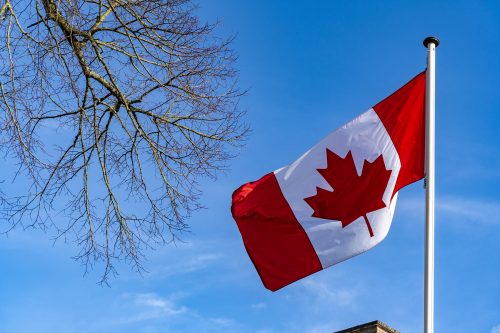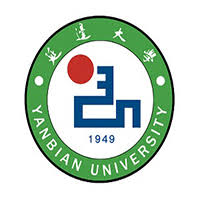Economics Keypoints; Economic Systems; An economic system refers to the way a society organizes the production, distribution, and consumption of goods and services. There are three major types of economic systems: free enterprise, centrally planned, and mixed economies.
Study other Keypoints here
Economics Keypoints; Economic Systems
Types of Economic Systems
- Free Enterprise: Also known as capitalism or the market economy, this economic system is characterized by private ownership of resources and the market determining the prices of goods and services. In a free enterprise system, businesses compete with each other to produce goods and services that consumers demand. The government’s role is to ensure that there is a level playing field for all businesses to operate.
- Centrally Planned: Also known as socialism or command economy, this economic system is characterized by government ownership of resources and the government making decisions on what goods and services to produce, how much to produce, and at what price. The government also controls the distribution of goods and services in a centrally planned economy.
- Mixed Economy: A mixed economy is a combination of free enterprise and centrally planned systems. In this system, both the government and private individuals own resources and make economic decisions. The government provides some services such as health care and education while the private sector produces and distributes most goods and services.
Solutions to Economic Problems under Different Systems
Each economic system has its way of solving economic problems. In a free enterprise system, the market forces of demand and supply determine what to produce, how much to produce, and at what price. The government intervenes only to ensure there is competition in the market and that businesses do not engage in activities that could harm consumers or the environment.
In a centrally planned economy, the government decides what to produce, how much to produce, and at what price. The government also controls the distribution of goods and services. The government can also regulate prices to ensure that goods and services are affordable to all citizens.
In a mixed economy, the government provides some essential services such as healthcare, education, and infrastructure. The private sector produces and distributes goods and services, and the government intervenes only to ensure that there is a level playing field for businesses to operate.
Contemporary Issues in Economic Systems
In recent times, economic reforms such as deregulation, banking sector consolidation, and cash policy reform have been implemented in Nigeria to address various economic problems. Deregulation involves removing government regulations that hinder competition and free markets. This can lead to increased efficiency and innovation in the economy.
Banking sector consolidation involves merging smaller banks to form larger and more stable banks. This can increase the banks’ ability to provide loans and support economic growth.
Cash policy reform involves changing the way money is circulated in the economy. This can help control inflation and increase the efficiency of the monetary system.
In conclusion, understanding the different economic systems and their solutions to economic problems is crucial for students of economics. The knowledge gained can also be applied to contemporary issues in the economy, particularly in Nigeria.
i. Comparing the Various Economic Systems:
- Free Enterprise System: In this system, individuals and private businesses own and control the factors of production. The market forces of demand and supply determine prices and the allocation of resources.
- Centrally Planned Economy: The government owns and controls the factors of production and determines what, how, and for whom goods and services are produced.
- Mixed Economy: This is a combination of both the free enterprise system and the centrally planned economy. Both the private sector and the government play significant roles in the economy.
ii. Applying the Knowledge of Economic Systems to Contemporary Issues in Nigeria:
- Deregulation: Deregulation involves the removal of government regulations and control over certain sectors of the economy, such as the oil and gas sector. This policy is aimed at attracting private investment, increasing competition, and improving efficiency in the sector.
- Banking Sector Consolidation: This policy involves the merger of smaller banks into larger ones to improve the financial strength of the banking sector and enhance the ability of banks to provide credit facilities to individuals and businesses.
- Cash Policy Reform: This involves changes in monetary policy to regulate the supply of money in the economy, control inflation, and stabilize the exchange rate.
iii. Proffering Solutions to Economic Problems in Different Economic Systems:
- Free Enterprise System: Encouraging competition, improving infrastructure, and providing an enabling business environment can enhance economic growth and development.
- Centrally Planned Economy: Improving the efficiency of the public sector, promoting private sector involvement, and enhancing the quality of infrastructure can help to address economic problems in this system.
- Mixed Economy: Striking a balance between the private sector and government involvement in the economy, improving regulation, and promoting investment can enhance economic performance in this system.







